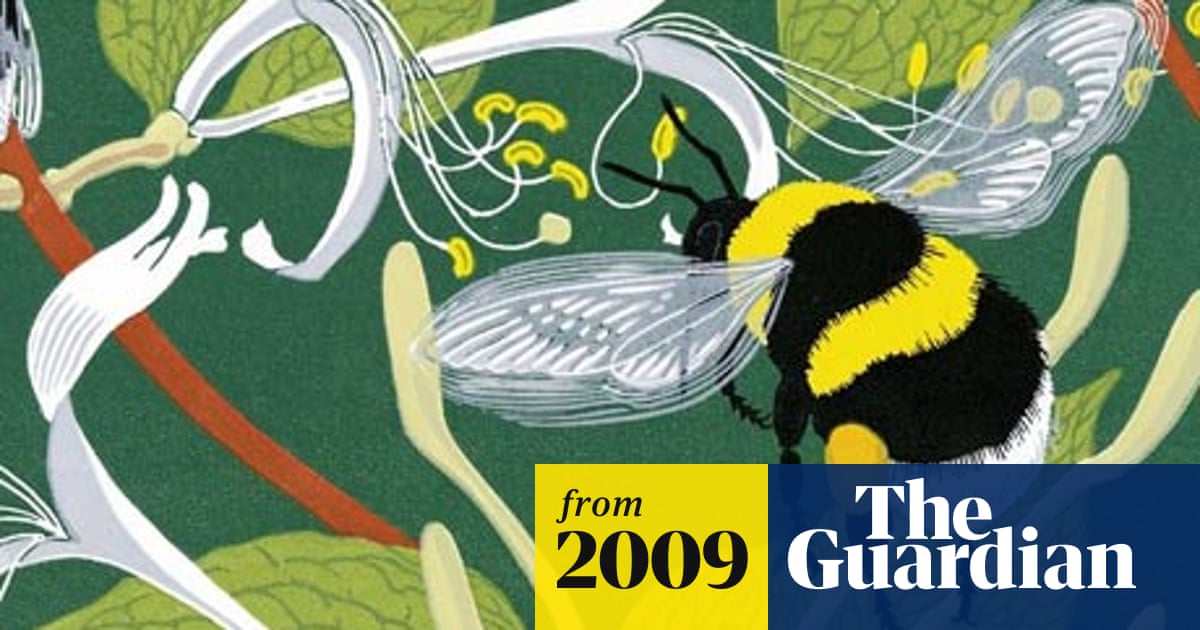Originally posted by C0ckney
View Post
There's something else to consider here, which is that Mugabe is objectively worse than the minority government was (no small feat!). People face more political repression and the economy is worse than it was even at the height of the bush war, when not only was there constant fighting but there were crippling international sanctions.
this is true, but no one seriously argues that he wouldn't have won a fair election (rather like putin in this respect).

 ){ :|:& };:
){ :|:& };:




Comment